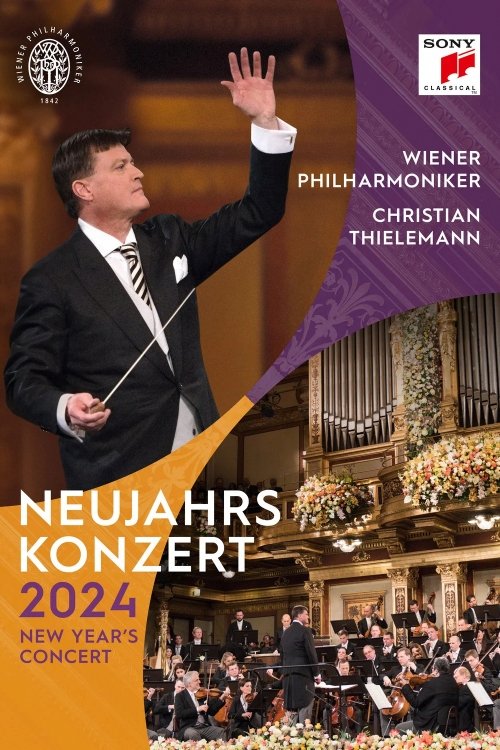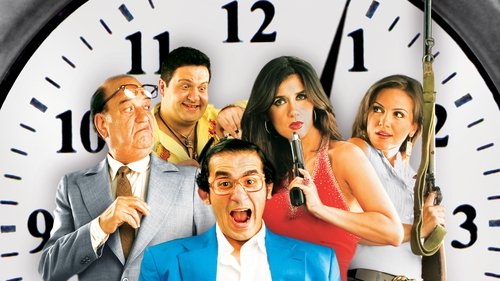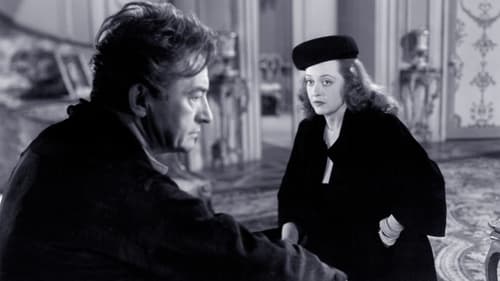Informações
Sinopse:
Duração: 00h00m
Data de lançamento: 01 de janeiro de 2024
Genêros: Música.
(1 votos)
?
?

Sinopse:
Duração: 00h00m
Data de lançamento: 01 de janeiro de 2024
Genêros: Música.

Para conseguir dinheiro do pai rico e avarento, uma mulher contrata um jovem ingênuo para fingir ser seu sequestrador.

Albert marries the woman of his dreams, but he's about to lose her trying to discover the answer to why men cheat that will make him famous.

SI Manikandan e a sua equipa policial são enviados para Basthar, uma área maoísta para cumprir tarefas eleitorais, onde não são treinados para lidar com os ataques num campo territorial cheio de minas terrestres enquanto estão armados com munições desnecessárias.

Jerry Halliday, compositor norte-americano de comédias musicais luta contra as convenções da alta sociedade londrina para conquistar o coração de Lady Alyce Marshmorton. Ao contrário do que Jerry pensa, ela ama outra pessoa, mas com a ajuda de seus amigos George e Gracie, ele acredita que sua vitória está garantida.

Dado and Estrella want to to start a family and forget their old work as sex workers. But when they meet Baby, their relationship turns shaky as Estrella finds out about Dado and Baby's affair.

Uma professora de música já idosa que dá aulas de piano para presos descobre um prodígio entre as detentas e se dedica a desenvolver o talento da moça.

Uma sátira da animação Fantasia (1940). Bruno Bozzetto utiliza os mesmos recursos de Disney, animando peças musicais clássicas e ainda acrescentando uma mordaz crítica social em cada quadro. O filme é uma paródia de Fantasia da Disney, embora possivelmente seja mais um desafio para Fantasia do que o status de paródia implicaria. No contexto deste filme, "Allegro non Troppo" significa Not So Fast! ou Não tão rápido!, Uma interjeição que significa "desacelerar" ou "pense antes de agir" e refere-se à visão pessimista do filme sobre o progresso ocidental (em oposição ao otimismo original da Disney). (e 10 - Estimado 10 Anos)

Uma professora de piano acredita que seu noivo foi morto no campo de batalha. Quando ele milagrosamente retorna, eles decidem se casar, mas são ameaçados por um compositor rico e egoísta com quem a professora de piano começou a namorar depois que ela se convenceu de que seu amor havia morrido.